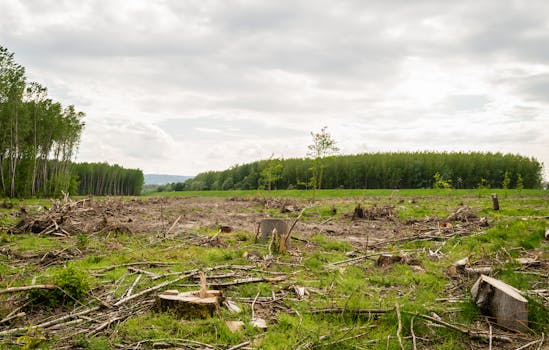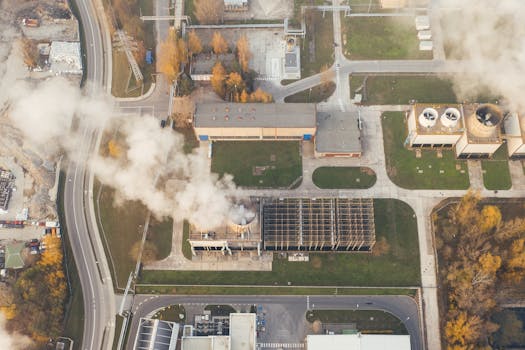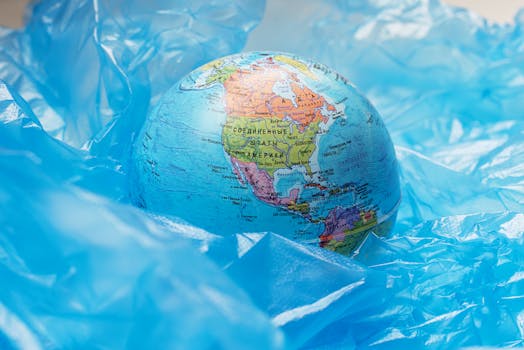
The Impact of Climate Change on Global Ecosystems – Climate Change
Climate Change is having a profound impact on global ecosystems, affecting not just the environment, but also human societies and economies. Rising temperatures, sea-level rise, and altered precipitation patterns are altering the delicate balance of ecosystems, leading to loss of biodiversity, decreased ecosystem productivity, and disrupted nutrient cycles.
Causes and Effects of Climate Change

Climate change is primarily caused by human activities, such as burning fossil fuels, deforestation, and land-use changes, which release large amounts of greenhouse gases, like carbon dioxide and methane, into the atmosphere. These gases trap heat from the sun, leading to a global average temperature increase of over 1°C since the late 19th century. The effects of climate change are widespread and varied, including more frequent and severe heatwaves, droughts, and storms, as well as changes in precipitation patterns and increased risk of wildfires.
Impact on Ecosystems

Climate change is affecting ecosystems in numerous ways, including:
- Changes in species distribution and behavior: As temperatures rise, many species are shifting their ranges poleward or to higher elevations, while others are adapting to new environmental conditions.
- Loss of biodiversity: Climate change is leading to the extinction of many plant and animal species, as they are unable to adapt to the changing environmental conditions.
- Disrupted nutrient cycles: Climate change is altering the availability of nutrients in ecosystems, leading to changes in ecosystem productivity and function.
- Increased risk of invasive species: Climate change is creating new opportunities for invasive species to establish themselves in susceptible ecosystems.
Consequences for Human Societies

The impact of climate change on global ecosystems has significant consequences for human societies, including:
- Decreased food security: Climate change is affecting agricultural productivity, leading to decreased crop yields and changed growing seasons.
- Increased risk of water scarcity: Climate change is altering precipitation patterns, leading to droughts in some areas and floods in others.
- Loss of ecosystem services: Climate change is disrupting the provision of essential ecosystem services, such as pollination, pest control, and nutrient cycling.
- Negative impacts on human health: Climate change is increasing the spread of disease, heat stress, and other health problems.
Conclusion

In conclusion, the impact of climate change on global ecosystems is a pressing concern that requires immediate attention and action. It is essential to reduce greenhouse gas emissions and transition to renewable energy sources to mitigate the effects of climate change. Additionally, conservation and restoration efforts are needed to protect and preserve ecosystems, and to support the development of climate-resilient communities. By working together, we can reduce the risks associated with climate change and create a more sustainable future for all.






